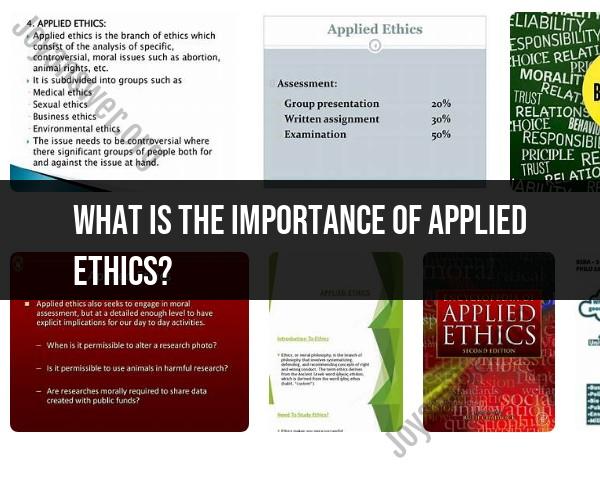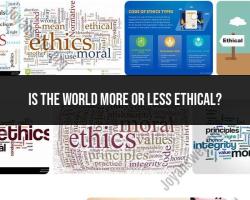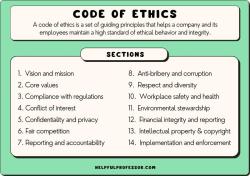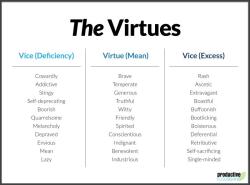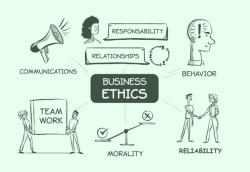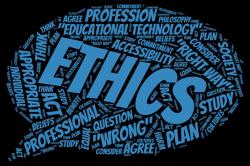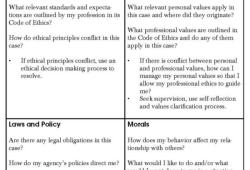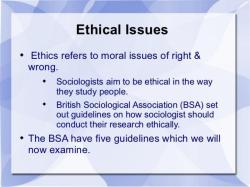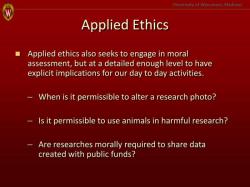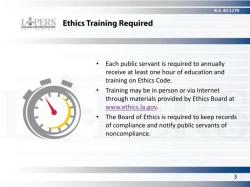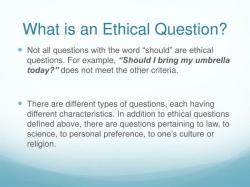What is the importance of Applied Ethics?
Applied Ethics plays a crucial role in addressing ethical challenges and dilemmas in real-world contexts across various fields. Its importance lies in providing practical guidance and ethical frameworks for individuals, professionals, and organizations as they navigate complex moral issues. Here are key aspects highlighting the importance of Applied Ethics:
Guidance in Decision-Making:
- Applied Ethics provides a set of principles and guidelines that individuals and professionals can use when making decisions in specific contexts. It offers a framework for evaluating the ethical implications of actions and choices.
Resolving Ethical Dilemmas:
- In real-world scenarios, individuals and organizations often encounter ethical dilemmas where competing values and principles are at play. Applied Ethics offers tools and approaches to navigate these dilemmas and make morally sound decisions.
Professional Conduct and Standards:
- Many fields have established codes of ethics and professional standards to govern the conduct of practitioners. Applied Ethics is essential in defining and upholding ethical standards within professions, ensuring integrity and accountability.
Enhancing Trust and Credibility:
- Adherence to ethical principles enhances trust and credibility. Whether in business, healthcare, law, or any other field, individuals and organizations that demonstrate ethical behavior build trust with stakeholders, clients, and the public.
Promoting Social Responsibility:
- Applied Ethics encourages individuals and organizations to consider their social responsibilities. This includes promoting fair business practices, environmental stewardship, community engagement, and a commitment to social justice.
Addressing Global Challenges:
- Many global challenges, such as climate change, public health crises, and human rights violations, have ethical dimensions. Applied Ethics provides a framework for addressing these challenges by considering the ethical implications of policies, practices, and decisions.
Legal and Regulatory Compliance:
- Applied Ethics often intersects with legal and regulatory requirements. It helps individuals and organizations understand and comply with laws while also encouraging ethical behavior beyond mere legal obligations.
Educational and Professional Development:
- Applied Ethics is an integral part of education and professional development in various fields. It cultivates ethical awareness, critical thinking, and moral reasoning skills, contributing to the ethical competence of individuals.
Conflict Resolution:
- Ethical conflicts can arise in interpersonal relationships, workplaces, and society. Applied Ethics provides tools for constructive dialogue, negotiation, and conflict resolution, fostering a more just and harmonious environment.
Humanizing Technological Advancements:
- As technology continues to advance, Applied Ethics is crucial in ensuring that technological innovations are developed and used responsibly. It addresses concerns related to privacy, data ethics, artificial intelligence, and the societal impact of technology.
Cultural Sensitivity:
- Applied Ethics recognizes the importance of cultural diversity and sensitivity. It encourages individuals and organizations to navigate ethical issues with an understanding of diverse cultural perspectives and values.
Preventing Harm and Exploitation:
- Applied Ethics serves as a preventive measure against actions that may cause harm or exploitation. It guides individuals and organizations in avoiding behaviors that could lead to negative consequences for individuals, communities, or the environment.
In summary, Applied Ethics is essential for promoting ethical behavior, fostering accountability, and guiding decision-making across diverse fields. Its importance extends beyond theoretical discussions to practical applications, influencing the behavior and choices of individuals and organizations in their day-to-day activities.
What role does Applied Ethics play in contemporary society?
In contemporary society, Applied Ethics plays a crucial role in navigating the complex moral challenges we face across various facets of life. Here's a closer look at its significance:
Addressing Emerging Dilemmas:
- Technological advancements: Rapidly evolving technologies like artificial intelligence, genetic engineering, and social media raise new ethical questions regarding privacy, bias, and accountability. Applied Ethics provides frameworks for analyzing these issues and shaping responsible technological development.
- Global interconnectedness: Globalization has intensified issues like climate change, migration, and resource scarcity. Applied Ethics helps guide international cooperation and develop ethical solutions to global challenges that require collective action.
- Social and political divisions: Political polarization, rising inequality, and cultural clashes highlight the need for ethical principles that promote inclusivity, respect for difference, and constructive dialogue. Applied Ethics encourages critical thinking and dialogue to bridge divides and seek common ground.
Guiding Decision-Making in Various Sectors:
- Business and Corporations: Applied Ethics informs ethical business practices, addressing issues like corporate social responsibility, fair labor practices, and responsible marketing. It helps businesses operate ethically and contribute positively to society.
- Healthcare and Medicine: Bioethics guides ethical decision-making in healthcare, tackling issues like informed consent, end-of-life care, and access to healthcare. It ensures ethical treatment and promotes patient well-being.
- Public Policy and Governance: Applied Ethics informs ethical policymaking, addressing issues like environmental protection, resource allocation, and human rights. It helps policymakers establish just and equitable laws and regulations.
- Individual and Personal Choices: Applied Ethics helps individuals navigate personal ethical dilemmas in relationships, workplace interactions, and everyday decisions. It promotes moral reflection and responsible choices on a personal level.
Enhancing Societal Values:
- Promoting Critical Thinking: Applied Ethics encourages critical thinking about ethical issues, equipping individuals with the skills to analyze situations, identify biases, and make informed decisions.
- Fostering Dialogue and Inclusion: By engaging with diverse perspectives on ethical issues, Applied Ethics promotes understanding, tolerance, and respect for different values and beliefs.
- Building a More Just and Equitable Society: By applying ethical principles to address social and political issues, Applied Ethics contributes to building a more just and equitable society for all.
Therefore, Applied Ethics plays a vital role in navigating the moral complexities of contemporary society. It provides frameworks for tackling emerging challenges, informing ethical decision-making in various sectors, and promoting values like critical thinking, dialogue, and inclusion. As we face new ethical dilemmas in a constantly evolving world, Applied Ethics remains a crucial tool for navigating these challenges and striving for a more ethical and just future.
Feel free to ask if you'd like to explore specific examples of how Applied Ethics is being applied in different areas of society or discuss particular ethical issues that currently capture your attention. I'm happy to engage in further dialogue about this important field and its ongoing impact on our world.
